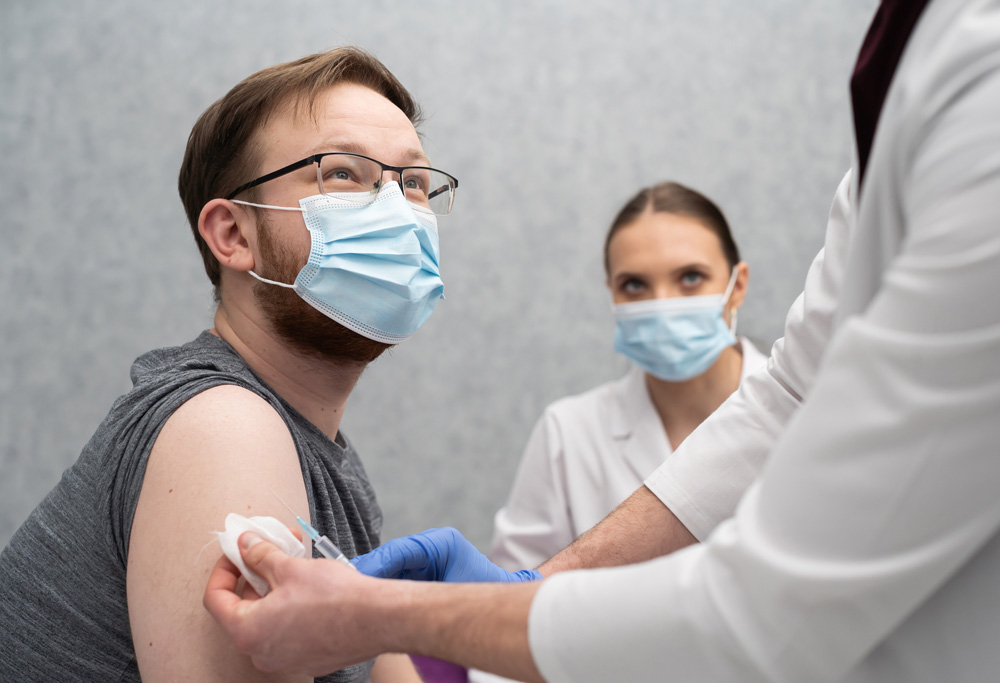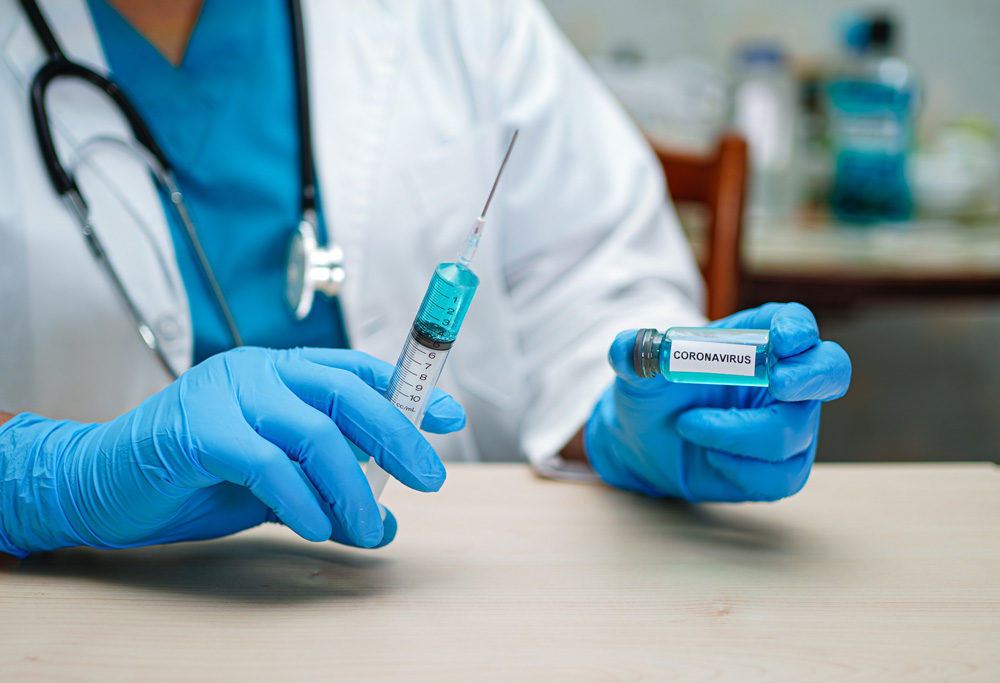Doctors: How to Talk to Patients About the COVID-19 Vaccine
In the past few weeks, we’ve received valuable feedback from our medical assistants and infusion nurses regarding patients requesting to speak to their physicians regarding the COVID-19 vaccine.
Given the importance and relevance of this topic, we felt that providing our physician partners with resources to speak with their patients about the COVID-19 vaccine would be helpful.
Patients appear to be concerned about the following topics:
- Is the vaccine safe?
- Should people with autoimmune diseases get vaccinated against COVID-19?
- What are the possible side effects of the vaccine?
- How long does it take to develop immunity?
- Will the COVID-19 vaccine interact with the biologics used to treat their condition?
Is the Vaccine Safe?
Many patients are concerned about the vaccine’s safety primarily because of how fast it was developed compared to other vaccines.
The Center for Disease Control and Prevention (CDC) recommends explaining the following:
- The Food and Drug Administration (FDA) reviews all safety data from clinical trials. The entity only authorizes emergency vaccine use when the expected benefits far outweigh any potential risks.
- The Advisory Committee of Immunization Practices (ACIP) also carefully reviews all safety data before it recommends any COVID-19 vaccine for use.
- The FDA and the CDC lead an ongoing effort to monitor the safety of COVID-19 vaccines to identify all adverse side effects, even the very rare ones.
Should People with Autoimmune Diseases Get Vaccinated Against COVID-19?
There does not appear to be any current advisories against vaccinating individuals with autoimmune diseases, and some experts say there is no evidence that COVID-19 vaccines, currently on the market, pose a threat to these populations.
The COVID-19 vaccines authorized for emergency vaccine use in the United States utilize mRNA technology containing genetic instructions for only one part of the coronavirus and not the entire virus. For this reason, experts expect these vaccines will be safe for immunocompromised patients.

What Are the Possible Side Effects of the Vaccine?
COVID-19 vaccines can cause mild side effects, including pain, redness, or swelling at the injection site and mimic the disease’s symptoms, such as fever, fatigue, headache, chills, and muscle or joint pain. These side effects typically occur within the first three days after vaccination and can last on average one or two days.
As physicians, you can ease patient anxiety by explaining that these side effects are expected and a sign that their immune system is building protection against the coronavirus.
Advise patients to contact you immediately if their symptoms persist for more than two days.
How Long Does It Take to Develop Immunity?
The COVID-19 vaccine works differently than other vaccines. You can explain how these vaccines teach the immune system to recognize and fight against the virus to protect the person from getting sick with COVID-19.
However, the vaccine requires time to develop immunity. Data suggests that it takes a few weeks for the body to build immunity after vaccination.
Even after receiving the vaccine, patients should still continue to follow precautionary measures including, wearing a mask, hand hygiene, and practicing physical distancing.

Will COVID-19 Vaccines Interact with the Biologics Used to Treat Their Condition?
There are different types of COVID-19 vaccines available on the market and in development worldwide. Some are live vaccines and others are non-live vaccines.
Individuals on biologic medications should not get a live vaccine. Researchers don’t anticipate there will be an issue with non-live vaccines and biologic drugs.
There are, however, concerns that some biologic medications may reduce the effectiveness of the vaccine.
New information regarding drug interaction is surfacing every day. Because of this, patients need to understand the importance of speaking to their physicians before getting vaccinated.





